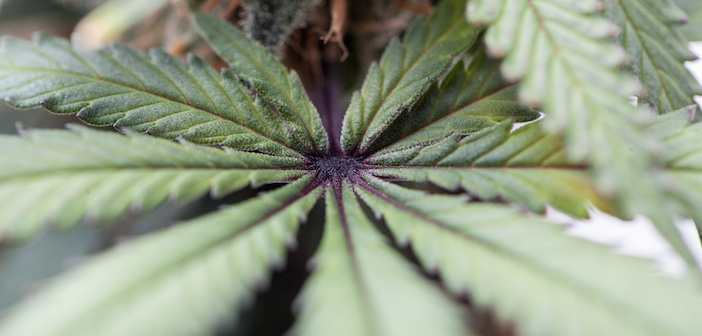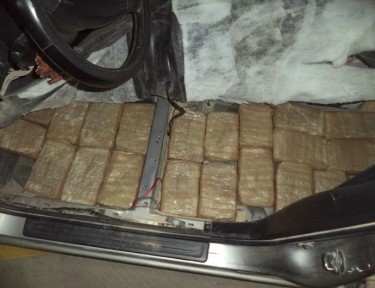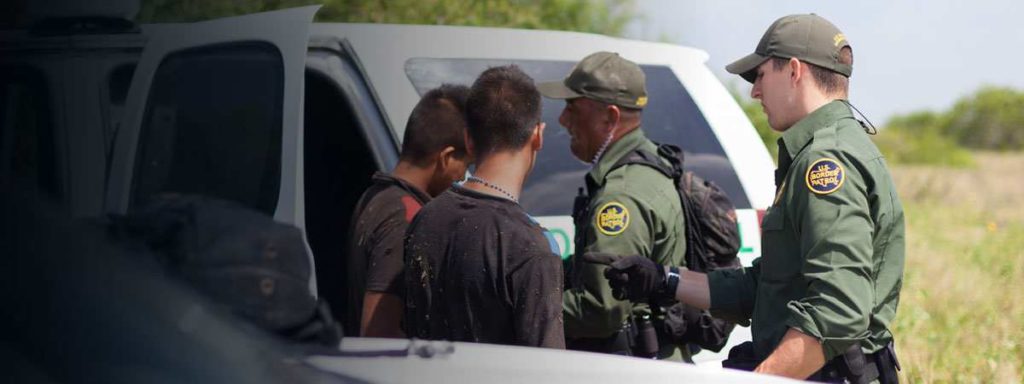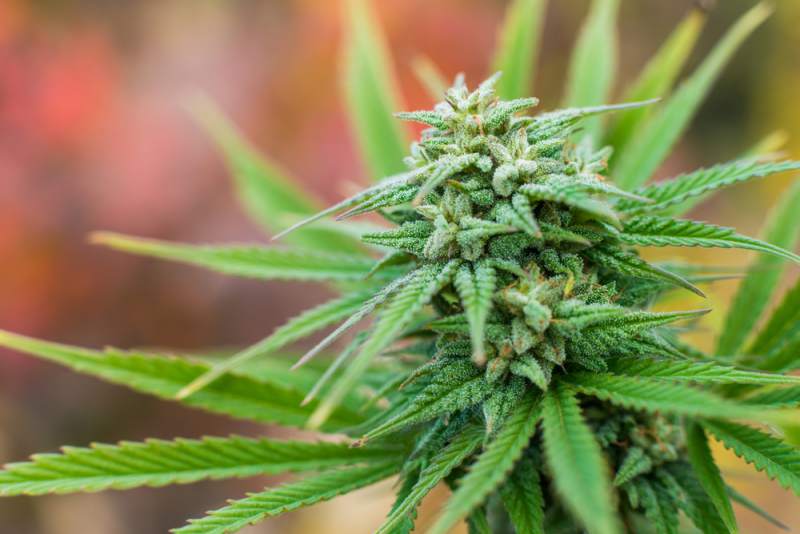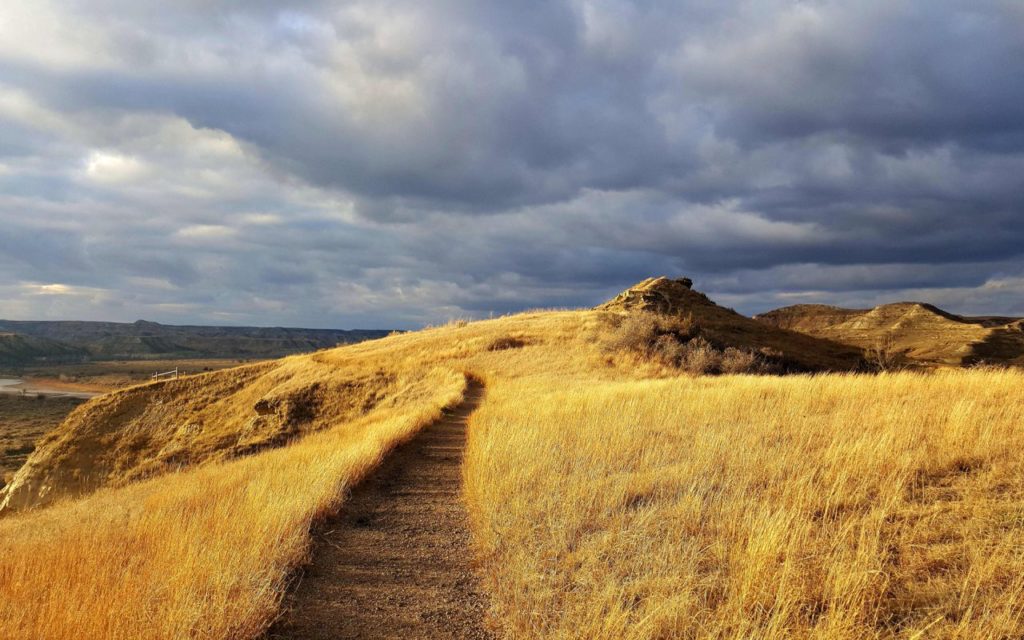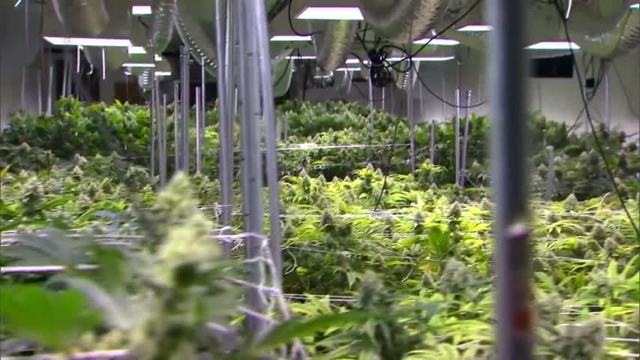GRAND FORKS — The legalization of marijuana, or at least the attempt to do so, has gained steam.
But recreational use still is illegal in most states and federally, meaning those who are caught with marijuana without a prescription can face criminal charges.
In North Dakota, more than 50 percent of the drug arrests have involved marijuana for several years, according to the Attorney General’s Office. Arrests have been on the rise in the state, and it appears large busts are becoming more common.
“We don’t have those laws in place that make it legal in other states,” he said of recreational use. “I think at times people can get very frustrated over that because they maybe don’t understand that or think, ‘It’s legal there. It should be something that is OK here.’ That’s just not the case.”
A group of North Dakotans hope to change that as they gather signatures to put a legalization measure on the November election ballot. The measure would fully legalize marijuana in North Dakota and would require the state to expunge any marijuana convictions from anyone’s record who has been convicted in the state.
Proponents argue North Dakota is ready for recreational use, and decriminalizing it would free up law enforcement officers to focus resources on other criminal activity, said Josh Dryer, campaign manager for the group behind the measure, Legalize ND.
“The main thing is there is a market for marijuana in the state,” he said. “We either are going to get it from the cartels, we are going to get it from the other states that have legalized it — all of that trafficking would come down if it were legal within (North Dakota).
But until that happens, law enforcement officers plan to enforce the laws as they stand, and people should be aware of each state’s laws before using, Remer said.
“Obviously, we don’t make the laws. We just enforce them,” he said. “Whatever those laws may be, we’ll be making sure we are enforcing those appropriately.”
Large busts
Eight states and Washington, D.C., have legalized recreational use of marijuana, while Vermont and Canada have approved laws that would see users lighting up possibly in July. More than half the states, including Minnesota and North Dakota, have approved legislation to allow the use of medical marijuana to some extent.
Several large marijuana busts have made headlines in North Dakota. The Stutsman County Sheriff’s Office seized 476 pounds of pot last month near Jamestown and another 200 pounds in December. Authorities found another 286 pounds of weed in November in West Fargo. In Bismarck, a 71-year-old man was arrested on charges of hauling 183 pounds of marijuana through the state.
Closer to home, two University of North Dakota students were charged with possessing marijuana with intent to deliver after officers found 60 pounds of pot, large amounts of cash and a rifle in November at their home. Mark Charles Hildahl, 20, pleaded guilty Feb. 5 in Grand Forks District Court to the Class B felony and was sentenced to 130 hours of community service. Cade Matthew Hoben, 21, has a court hearing March 15 in relation to the bust.
The larger amounts of marijuana seized by the North Dakota Highway Patrol appear to originate from outside North Dakota and are destined for other states, Highway Patrol Lt. Michael Roark wrote in an email.
“North Dakota Highway Patrol troopers do a great job enhancing the public’s safety across the state,” he said. “Troopers take their responsibility very seriously and work hard to protect and serve the citizens of North Dakota.”
Rising numbers
Arrests related to marijuana in North Dakota have increased every year since 2009 from 1,533 to 3,362 arrests in 2016, according to Attorney General’s Office data.
The State Highway Patrol has followed the same upward trend for the most part. It reported 852 marijuana arrests in 2012 compared to 1,382 marijuana arrests last year, or an increase of 62 percent in five years, Roark said.
The only decline in the last six years was from 2015 to 2016, when the state agency made 1,339 and 1,338 arrests, respectively.
“We will be reaching out to those agencies where recreational use has been legalized to determine the amount of increased workload law enforcement faced with the change,” he said.
The Grand Forks Police Department typically doesn’t separate marijuana arrests when compiling total numbers for controlled substances, but it does track the number of “green leafy substance” confiscations each year. Those numbers have been on the rise almost every year too, from 139 items in 2012 to 269 confiscations in 2017, Lt. Brett Johnson said.
The steady increase could be due to various reasons, Remer said. His department gets reports of marijuana use throughout the community, and officers use their own discretion in making arrests, he said. Those arrests would go away if North Dakota legalized recreational marijuana, he acknowledged.
“It would be a change, obviously, but we would handle that change as we have to,” he said.
What wouldn’t change is enforcement at U.S. international borders. Selling, possessing, producing and distributing marijuana still is illegal by federal law, Border Patrol Agent Jesse Lindemer wrote in an email.
“Consequently, crossing the border with marijuana is prohibited and could potentially result in fines, apprehension or both,” the Grand Forks Sector spokesman said.
Canadians could have legal access to recreational marijuana as soon as July, but travelers wouldn’t be allowed to bring it into the U.S.
“U.S. Customs and Border Protection enforces the laws of the United States,” Lindemer said. “Further, CBP is responsible for determining the admissibility of individuals based on the requirements of U.S. immigration law, which may include inquiries regarding the individual’s past conduct.”
The Border Patrol’s Grand Forks Sector tends to have a limited number of marijuana confiscations by pounds. According to annual sector profiles, the Grand Forks Sector confiscated a pound in fiscal year 2015 and 9 pounds in fiscal year 2014. The other fiscal years from 2012 to 2017 yield zero pounds, according to Border Patrol data.
credit:bismarcktribune.com







